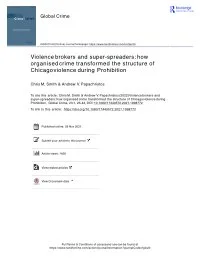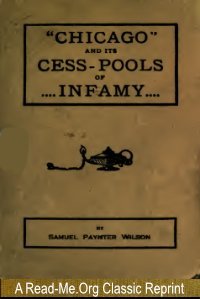By Samuel Paynter Wilson.
I stood on the corner of a down-town street one night in December, and as I watched the seething sea of humanity passing by, and as I looked into their weary, anxious faces, I never felt more strongly in my life the necessity for the work on the part of the forces that are making for the moral and social uplift of the city. There, in great masses before my eyes was the good and the bad, and it was easy to make the distinction. The whole maddening throng seemed bent on unrighteous and riotous pleasure. The whole tendency was downward, and nothing of elevating or enobling influence was before me there. To me it appeared the death of youth, and the grave of manhood and womanhood. All that was base and ignoble in a great city was portrayed in the vivid picture before me, and as I gazed on the throng I could see the breaking down of virtue, which ought to be strong in every woman. In presenting to the public the experiences I have had, and of the results attained as an investigator in an Association, which has gained a world wide reputation for " doing things" in the sociological world, it is with a hope that I may find a genial public, and create a more forceful and lasting impression with my friends. This little work is the result of my own personal investigation among a class of men and women, who belong to the underworld, and the work has been accompanied with much personal danger and often required the courage and ex perience of one versed in the ways of the criminal one who has the ability to be a judge of human nature and a good " mixer." The men and women with whom we come in contact are scoundrels by nature and cowards at heart; they stab you in the back and shoot you from dark alleys; they are continually on the lookout for victims and usually find the harvest bountiful, and the matter contained in this book is merely to give expression in language so simple that all may understand its meaning. There are plague spots in almost every part of the great city and vultures prey upon the innocent and descend upon the city by daylight and by gaslight without warning of their coming. The white slave dealers flaunt their dastardly vice in the face of the public, and houses of ill- fame are conducted with a boldness unequalled anywhere in the world. The evil is very great and assuming larger proportions every year. In procuring evidence, and in bringing many of these unfortunates before the courts, and after listening to the defendants in giving testimony, I have come to the conclusion that virtue in Chicago is at a very low ebb, and that the home loving virtuous wife or mother is a jewel that the gods should crave and that decent manhood should love, honor and worship.
Chicago: Author, 1910. 148p.





